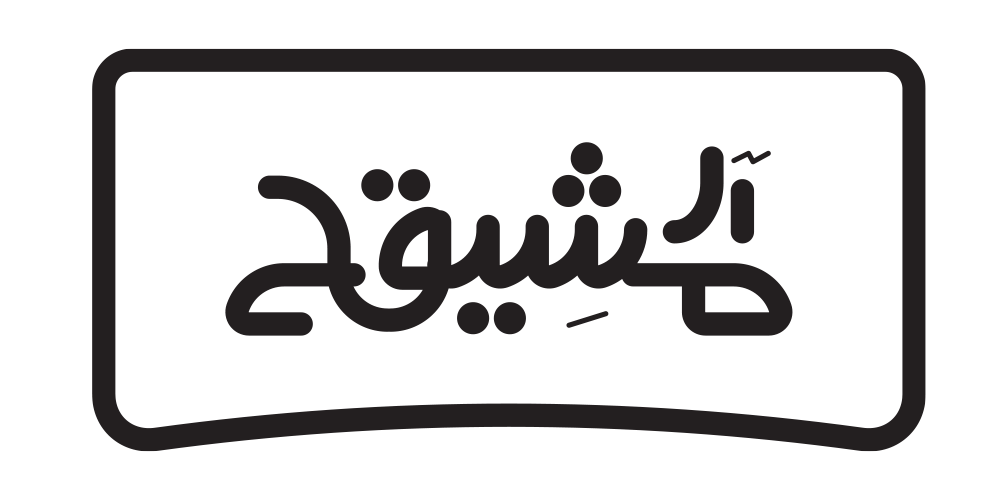The Dutch government aids entrepreneurs in various ways, from offering money to making the process easier. If your idea meets the criteria for one of the subsidy programmes you can apply to the Netherlands Enterprise Agency (RVO) for a grant.
Subsidies are basically government additional hints assistance for certain activities or industries that wouldn’t be financially viable without it. Subsidies are usually provided to assist struggling sectors, promote new developments, or promote specific policies or social good. They may be successful economically but they will be costly to other groups (for instance the food subvention aids farmers, but increases prices for consumers) They may also fail economically, but achieve political and cultural goals.
Government-provided aid can take many forms, including grants tax breaks, rebates and direct cash payments to suppliers or customers and price control. They may be indirect as well like road tax, which is a payment made by all motorists, not only those who use roads, or railway access charges which are not restricted to trains for passengers.
Supporters of subsidy programs argue that they increase efficiency of the economy by protecting from competition from outside sources or increasing domestic production. They can also help to counteract market failures like externalities and information inequalities. Many critics say that these policies can have negative consequences, ranging from corruption to inequality, and that they impede more efficient and equitable spending by the government. They also can create unjust incentives. A company that receives a government subsidy could be enticed to make a donation to politicians. This can lead to “regulatory capture” and rent-seeking.


